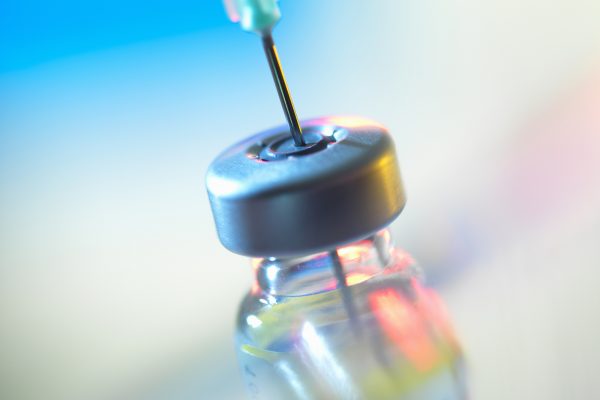
Jason Westin, MD, MS, FACP, director of the lymphoma clinical research and section chief for aggressive lymphoma at The University of Texas MD Anderson Cancer Center and chair of the Government Relations Committee for ASCO, spoke recently to Healio. He talked about how the process of providing chimeric antigen receptor T-cell (CAR-T cell) therapy can be accelerated for high-risk or advanced large B-cell lymphomas.
One of the main issues with CAR-T cell therapy is the late referral. These delays result in patients receiving toxic bridging treatments, and patients may eventually end up not receiving the CART-T cell therapy. Additionally, treatment time is another crucial factor influencing the treatment outcomes with immunotherapy. A couple of clinical trials have suggested that CAR-T cell therapy is much better than the standard of care chemotherapies and autologous stem cell transplants. Finally, the insurance approval and ordering of the product from the company are additional choke points that can result in substantial delays in treating the affected individuals.
The possible solutions that can be taken to expedite the process include the early diagnosis of patients who need CAR-T cell therapy. The physician should be able to diagnose and refer the patients early. Next, the treating physicians should quickly communicate the information to CAR-T cell therapy centres. These will allow for rapidly booking the slots for patients and prioritising treatment for them. Also, quick approval of new immunotherapy-based treatments and increasing CAR-T call centres to meet the current demands can improve the situation.
Dr Westin thinks that with improvement in the manufacturing process of CAR-T cell therapy and an increase in the number of immunotherapy products, the treatment scenario with CAR-T cell therapy is highly likely to improve in the coming future.
Reference
https://www.healio.com/news/hematology-oncology/20220414/from-referral-to-infusion-accelerating-the-cart-process